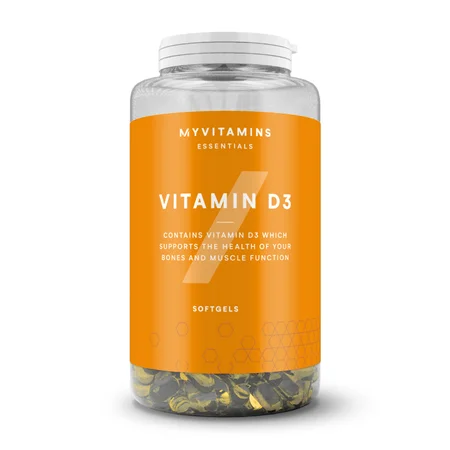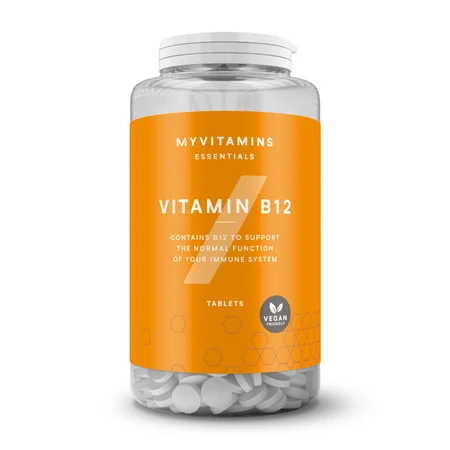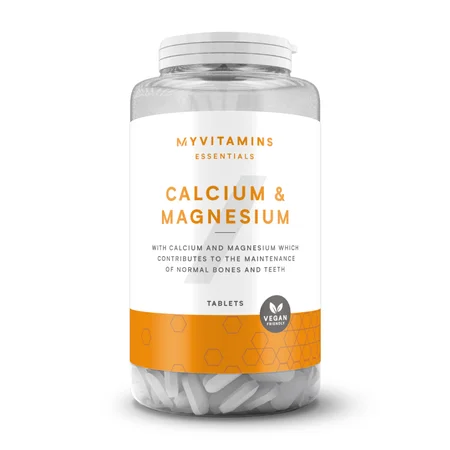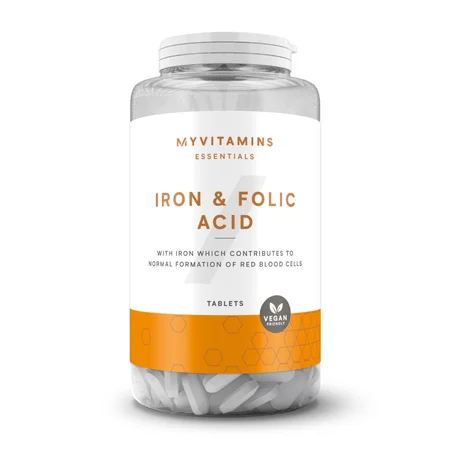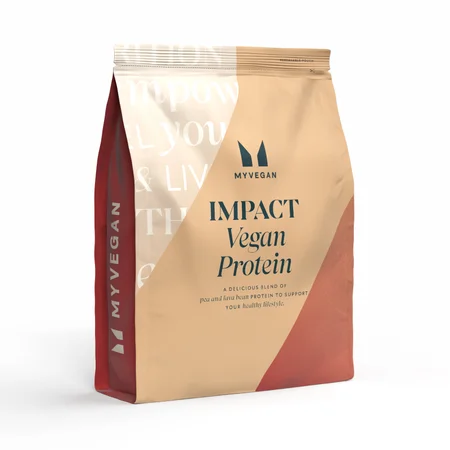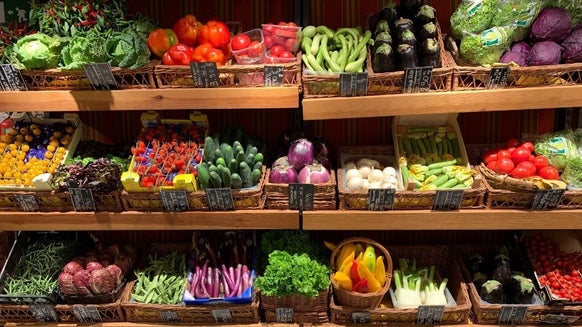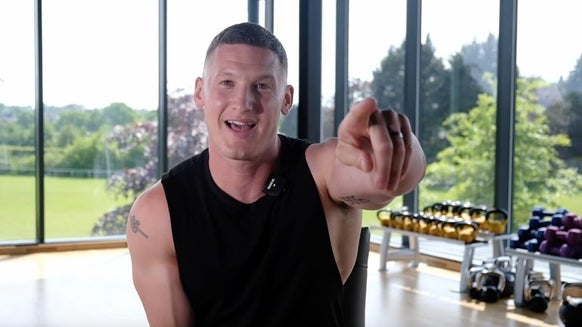Stick To Veganuary With These Supplements

Veganuary is an annual challenge run by a UK nonprofit organisation that promotes and educates about veganism by encouraging people to follow a vegan lifestyle for the month of January. Following a vegan diet , means that you eliminate all animal products. This can , if not done correctly, lead to specific micro-nutrient deficiencies1. Luckily we've come up with a Veganuary supplement plan to keep you in check.
The Supplements
One common concern about vegan diets is whether they provide your body with all the vitamins and minerals it needs. Many claim that a whole-food, plant-based diet easily meets all the daily nutrient requirements2. This depends on the kind of foods you're eating. Here's the vitamins and minerals your body needs and how to get them from your diet.
Vitamin D
Found fortified in foods such as soymilk, orange juice, ready to eat cereals + 15 minute daily sunlight exposure3.
B12
3mcg/day from fortified foods found in milk alternative, nutritional yeast. Aim for a B12 supplement containing 10mcg/day.
Calcium
It is recommended that you have at least 2 portions of 400ml fortified milk alternative, 200ml fortified milk alternative + 100g calcium set tofu, 150g fortified yoghurt alternative + 2 slices soya and linseed bread fortified with extra calcium.
Iron
Found in beans, fortified breads and cereals, nuts and nut butters, dried fruit . Consuming a good source of vitamin C (e.g. citrus fruits , orange juice, tomatoes) with iron rich foods increases iron absorption. Avoids tea with meals due to it having a high concentration of tannins which inhibits iron absorption.
Protein
Found in Beans, wholegrains, soy products (e.g. tofu, tempeh, soy milk) , nut and nut butters, quinoa, chia seeds.
Omega 3
Include more omega-3 rich foods like flax , seeds and oil, canola oil, hemp seeds and oil, marine micro-algae.
Sources of long chain omga-3 fatty acids (EPA and DHA): Marine micro-algae.Sources of short chain omega-3 fatty acids: Chia seeds and oil, Flax seeds and oil, Hemp seeds and oil.
Supplement Plan
When considering a supplement program, it is important to always do blood tests with your GP , before supplementing . Some micro-nutrients such as iron, when not clinically deficient can cause unwanted side effects side as constipation. Always consult with your GP or Dietitian before using vitamin supplements, to avoid over doing it4.
Jump to:
Build muscle
Workout day:
Vegan protein powder is recommended to be consumed after your session combined with carbohydrates such as oat milk. This will ensure muscle glycogen replacement as well as protein synthesis (muscle repair). If you are not exposing yourself to sunlight daily, please ensure you take a Vitamin D supplement with 400IU/day which is the standard recommendation in the UK from October to March. If your goal is muscle gain and optimal strength and power, you may want to consider taking a creatine monohydrate supplement. Creatine acts to increase the ATP-PC system in the body during high intensity exercise.
Rest day:
3 meals and 2 snacks, focusing on a balanced diet. Ensure 20g protein at every meal. If you are not reaching this amount, consider a vegan protein powder to top up your stores, to ensure satiety and muscle repair and synthesis. If you are not consuming two portions of calcium sources per day, it would be recommended to try consume two, or supplement accordingly. Calcium is vital for bone formation and prevention of osteoporosis in the future5.
Moderately active
Morning:
Ensure you take a B12 supplement and omega 3 micro-algae supplements if you are following a vegan diet and not consuming enough food sources of these foods. This will ensure anti-inflammatory properties and energy throughout your day. If you are not exposing yourself to sunlight daily, please ensure you take a Vitamin D supplement with 400IU/day which is the standard recommendation in the UK from October to March.
Afternoon and evening:
Ensure you are aiming for 20g of protein at every meal, you may want to consider topping up with a vegan protein powder if you are not meeting these requirements. Ensure you are getting a good balance of carbohydrates , protein and fats in your diet. Ensure a variety of colours in terms of vegetables. The more colours, the better! Different colours of vegetables means more variety of micro-nutrients in which all have their own benefits.
Lose weight
Workout day:
You may want to consider a vegan protein powder as well as a vitamin B12 supplement to ensure you have enough energy to have optimal performance during your workout. If you are not exposing yourself to sunlight daily, please ensure you take a Vitamin D supplement with 400IU/day which is the standard recommendation in the UK from October to March.
Rest day:
You may want to consider taking a omega 3 fatty acid supplement such as micro-algae (vegan version of fish oil). This will promote anti-inflammatory properties in the body.
Take Home Message
The most important nutrient to ensure you are supplementing with when following a vegan diet is B12. This is because unless you are consuming fortified products, you are likely to be deficient. Aim for 10mg/day or 200mg/weekly to ensure you are meeting your requirements. When you are creating your eating plan, ensure you are choosing foods from all 3 different macro-nutrient groups (Carbohydrates, proteins as well as fats). Try choose a variety of different vegetables in your diet. Lastly you may benefit from a micro-algae omega 3 supplement as this will provide you with essential fatty acids which you are not getting from your vegan diet.
READ MORE HERE:
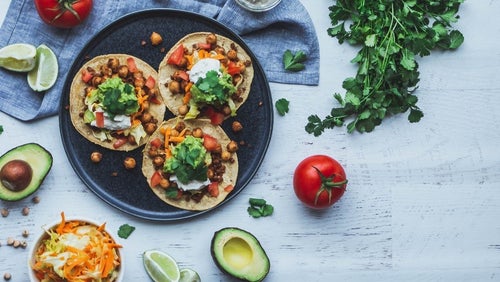
Vegan Bulking Meal Plan & Tips
Get your greens and make gains all at once.

Top 18 Vegetarian & Vegan Protein Sources
It's never been easier to meet your macros.

- Bakaloudi, D. R., Halloran, A., Rippin, H. L., Oikonomidou, A. C., Dardavesis, T. I., Williams, J., … & Chourdakis, M. (2021). Intake and adequacy of the vegan diet. A systematic review of the evidence. Clinical Nutrition, 40(5), 3503-3521.
- Craig, W. J. (2009). Health effects of vegan diets. The American journal of clinical nutrition, 89(5), 1627S-1633S.
- Bakaloudi, D. R., Halloran, A., Rippin, H. L., Oikonomidou, A. C., Dardavesis, T. I., Williams, J., … & Chourdakis, M. (2021). Intake and adequacy of the vegan diet. A systematic review of the evidence. Clinical Nutrition, 40(5), 3503-3521.
- Craig, W. J. (2009). Health effects of vegan diets. The American journal of clinical nutrition, 89(5), 1627S-1633S.
- Smith, A. M. (2006). Veganism and osteoporosis: a review of the current literature. International journal of nursing practice, 12(5), 302-306.
